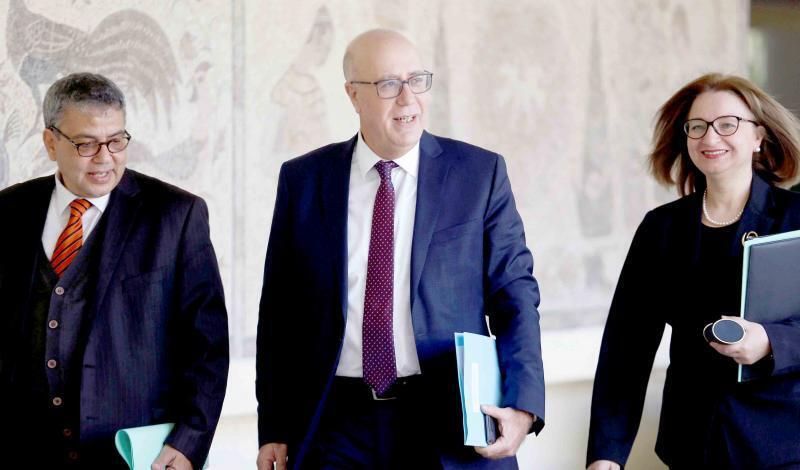
EGP 298.3 bn investments in 1st phase of Haya Karima..4 villages meet World Green Building standards
About EGP 298.3 billion is estimated as the value of investments in the First Phase ...

Tunisian authorities are seeking to revitalize the country’s bond market as an important financing alternative by introducing environmentally related products into a market limited to trading in public treasury bonds, according to The Arab Weekly.
Tunisian officials are discussing with the World Bank ways to introduce green bonds in the local market. Tunisia appears determined to shift rapidly to renewable energies by facilitating financing for local companies to build solar- or wind-energy projects.
Some observers said it is too early to say whether this type of financing will be successful in Tunisia, given the general shape of the country’s struggling economy.
Trading in green bonds has become a practical solution to environmental problems. It has brought together investors, development experts, policymakers and scientists to meet a common goal and is an effective way of collaborating, even if each party pursues different ends.
The term “green bond” was introduced during the 2008 global economic crisis as a label for bonds linked to environmentally friendly investments. The World Bank is considered the top and first global financial institution to issue that type of financing and set a trend for innovatively financing eco-friendly projects.
It is estimated that, over the past decade, the World Bank has raised about $13 billion through nearly 150 green bonds in 20 currencies for investors and mutual funds around the world.
“The stock market is not technically fully ready to trade green bonds, since these are new financial securities that might not attract other segments of market traders, besides green traders,” said economist Anis Guesmi.
He pointed out that embarking on this course requires reinforcing the capital market through a secondary stock market specializing in environmental financing.
Official data state that the Tunisian stock market capital does not exceed 22% of the country’s GDP, compared to the 70% rate of the Casablanca Stock Exchange in neighboring Morocco. The Tunisian exchange has done nothing to strengthen the local market other than listing some successful public sector companies.
Former Finance Minister Jaloul Ayed had criticized the Tunisian stock market for not having undertaken structural reforms to attract new investments.
Ayed said green bonds “need medium- and long-term financing, which requires the existence of a capital market, including a bond market. To be able to develop the bond market, Tunisia needs to create a secondary market for treasury bonds.”
Trading in green bonds in the United Arab Emirates, Morocco and Egypt is the biggest proof of the feasibility of what is becoming a global trend.
Tunisia’s government sought to stimulate the alternative energy sector by adopting green financing alternatives to alleviate the pressure of the cost of electricity production in Tunisia.
Tunisia introduced a major solar energy program in August with the first production phase at the Tozeur solar power plant in southern Tunisia. That marked a qualitative shift in state policies that seek to accelerate clean energy production and allow a major reduction in energy subsidies.
Tunisia has initiated eco-friendly projects and called on investors to work with the government to ensure their success. Official data state that alternative energy production in Tunisia accounts for about 148 megawatts, 4% of the country’s energy needs.
Tunisia aims to produce about 16 gigawatts of alternative energy to meet an expected shortage in electricity. The government has dedicated $7 billion to alternative energy, allowing Tunisia to save about $13 billion of the country’s total energy bill.
About EGP 298.3 billion is estimated as the value of investments in the First Phase ...
A painting titled ‘Witness’, which depicts a scene of deforestation reflected in the eye of ...
Minister of International Cooperation Rania Mashat was recognized by the Economy Middle East as one ...


اترك تعليقا